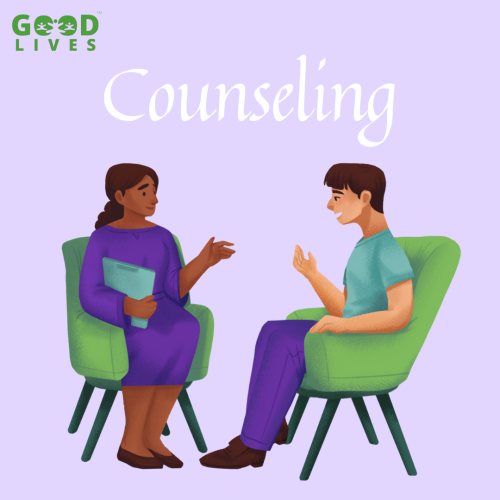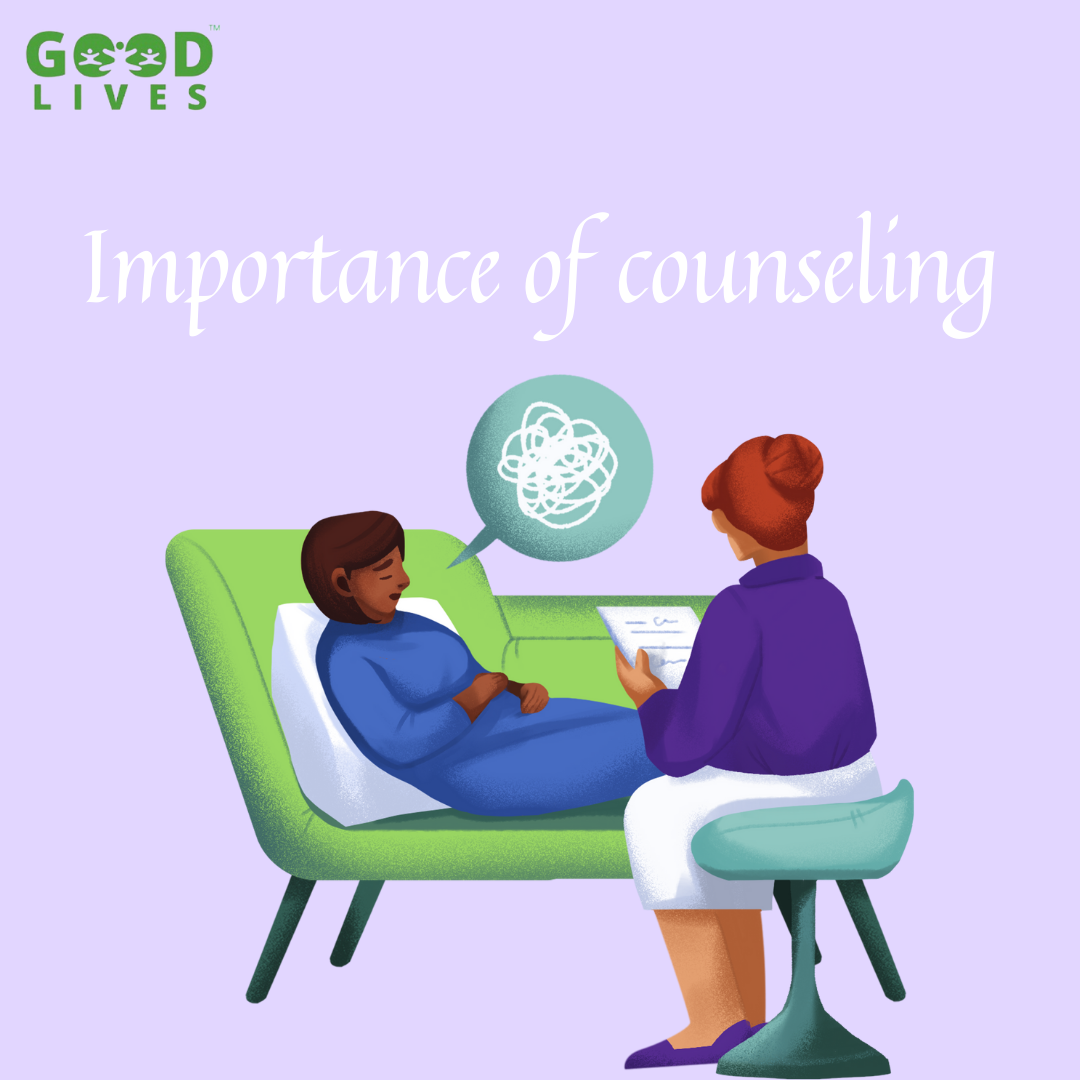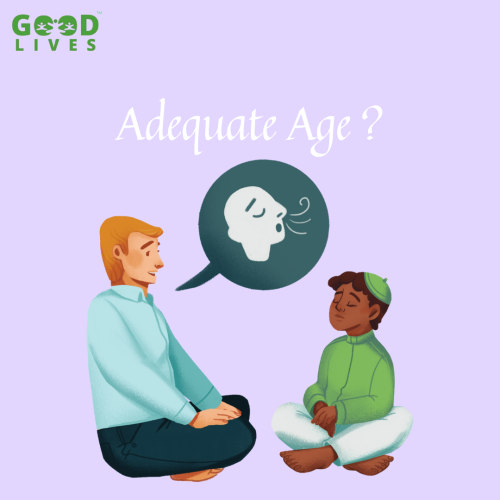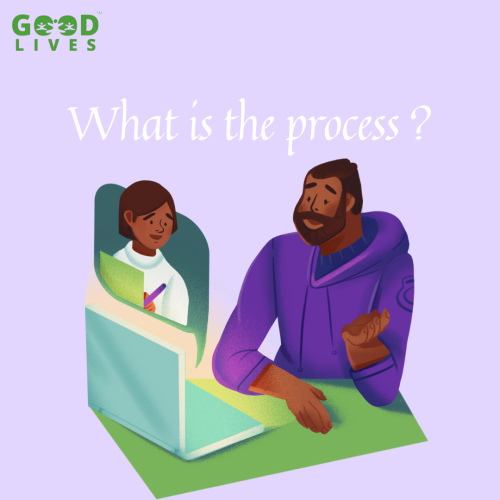What is the Meaning of Counselling?

Counselling is a one-to-one or group session with a trained professional who helps you overcome the problems you face in your day-to-day life. A counselor helps you work in your daily life more smoothly and efficiently by discussing the current or past events in your life resulting in suggesting you some ideas and guidelines to get your thoughts/ life back on track.
This consultation is a collaborative effort between the counselor and the client. Professional counselors help clients identify goals and potential resolutions to problems that cause emotional turmoil; seek to refine communication and coping skills; strengthen self-esteem; and promote positive behavior change and optimal mental health. About 75 percent of people who enter psychotherapy show some benefit from it.
Learn the 3 types of counselling the easy way!
1. How do I know I need counselling?
Perhaps you have been considering having counselling for a while. Some days you feel genuinely low and feel like you need to speak with someone immediately. Then the next day you feel OK and the thought of consulting a counselor goes away. But the problems that made you feel low are still there and you inevitably feel worse again in a few days.
Things are getting on top of you and concerning your well-being, for instance, causing depression, anxiety, or stress. You are facing difficulty in speaking or discussing with your friends or family because they are directly involved in the issues. Issues from the past are having an impact on your day-to-day life. If you are facing any of these situations then you may need counselling.
2. What is the importance of counselling?

Counselling can help enhance mood, treat mental illness, reduce medical costs, improve communications and relationships, and promote self-esteem and resilience. A consultancy can change self-defeating behaviors/habits. Better expression and management of emotions, including anger, relief from depression, anxiety, or other mental health conditions. increased confidence and decision-making skills.
Do you know what online counselling is?
Well here is your chance
3. What is the adequate age to start sessions?

Counselling involves helping people facilitate uncomplicated, or normal, grief to a healthy adaptation to the tasks of mourning within a reasonable time frame.
– J. William Worden
Usually, the adequate age for individuals to start seeing the therapist can vary as per their needs. This is because each person’s journey is different and they may feel the need for a therapist at a different point in time. But it is recommended for kids to start therapy only if, the child can’t get by without it or there is an important event/situation in their lives that is difficult for them to comprehend. Therefore, there is not right or wrong time. Whenever, you feel the need to go to a therapist, listen to yourself.
4. How much time does a session occupy?
Many people- who want to start counselling- may have questions like “How often are the sessions held?”. They ask so as the people who require counselling cannot devote their whole time to it they too have other commitments in their lives. And hence, it is fair for every patient to know what time of their day counselling occupies.
Mostly, patients meet with therapists face to face for 45 to 55 minutes, once a week or twice a week depending on the situation. Patients also spend 5-10 minutes checking in and filling out short mood questionnaires to help the counselor do a better job.
5. How much does it cost?
An average therapy session would cost you something between Rs 1,000-Rs 3000 per session. But GoodLives have made it a really simple and accessible affair.
You can start therapy at very low prices, signup here.
Counselling is worth the investment. Nonetheless, these sessions cannot be underestimated as a passive process. It is essential for you to actively commit yourself to the work. Many therapists assign homework in between sessions, and you need to practice the skills you retain.
Do you know why laughing is the best medicine?
6. Is everything I share confidential?
It is normal for many new patients starting counseling- to feel unsafe in sharing their personal matters. Knowing that you can express anything to your therapist and it will remain in the room- helps you feel secure and builds trust between you and the therapist. For this very reason, all therapists are legally and ethically bound to keep their sessions confidential and not share with anyone else what was talked about. So YES, everything you share remains confidential.
7. What is the process?

For someone to start counselling they must be familiar with the process. While counselling varies in both form and purpose, most counselling theories embody some form of the following three stages: relationship building, problem assessment, and goal setting. Counselors and clients must both be aware that the counselling process requires patience.
Relationship building is a process that aims to make the relationship between the counselor and the patient more comfortable to have smooth and relaxed sessions ahead.
Problem-solving assessment is a stage where the patient talks about their concerns faced in day-to-day life which a counselor analyzes and guides you upon. The counselor here provides you with the help and guidance you need to heal.
Finally, the goal-setting session is where you and the consultant set goals and aims for your future life.
Meet with our experts!
8. When should I stop taking consultations?
Now you already know why you should join therapy, but you should also know when you should stop taking one.
It is recommended for clients consider ending their time in counseling when their goals have been met or when it becomes evident that they won’t meet them with this psychotherapist. Ideally, therapy ends when all therapy goals have been met.
To book a session click here
0 Comments